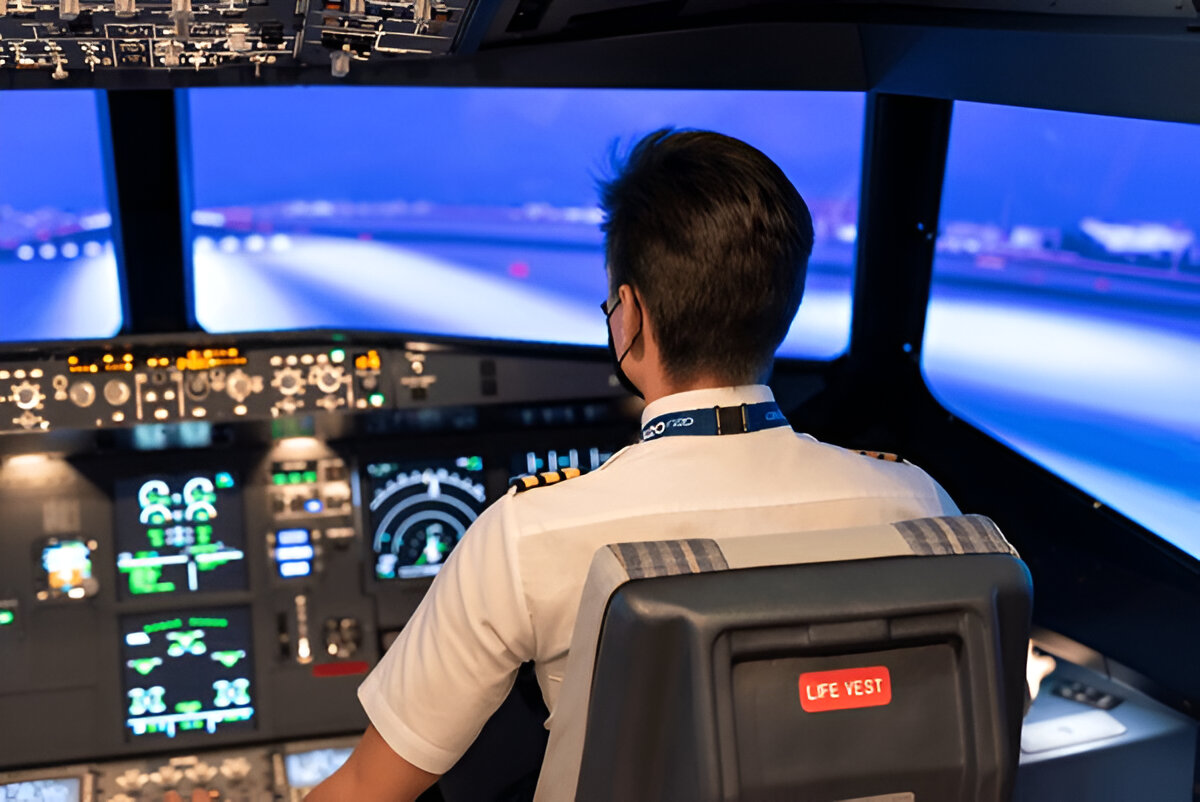
The Top 10 Benefits of Comprehensive Training in Becoming an Aviation Expert
Have you ever looked up at the sky and wondered what it’s like to soar among the clouds, commanding a powerful machine like an airplane? Becoming an aviation expert is a dream many share, but not everyone knows how achievable it is with the right training. Whether you want to become a pilot, air traffic controller, or aeronautical engineer, comprehensive aviation training is your gateway to success. Let’s explore the rewarding journey of becoming an aviation expert and why proper training makes all the difference.
Why Choose Aviation?
Aviation isn’t just about flying planes. It’s a dynamic and thrilling industry that offers countless opportunities, from ensuring passenger safety to innovating technology that makes air travel possible. If you love adventure, problem-solving, and working in high-pressure situations, aviation could be the perfect field for you.
What Does Comprehensive Training in Aviation Include?
Comprehensive training prepares you for the challenges of the aviation world by providing you with the skills, knowledge, and certifications necessary for success. It usually involves:
- Hands-on Flight Training: Practice flying real aircraft under the guidance of certified instructors.
- Simulator Experience: Learn to handle emergencies in a controlled environment.
- Theoretical Knowledge: Master aviation rules, meteorology, and aerodynamics.
- Soft Skills Development: Build teamwork, communication, and decision-making skills.
The Benefits of Comprehensive Aviation Training
Comprehensive aviation training offers numerous benefits, including:
In-Depth Knowledge of Aviation Principles
Training gives you a solid foundation in essential subjects like navigation, aerodynamics, and meteorology. These are crucial whether you're piloting an aircraft or designing the next generation of aviation technology.
Enhanced Safety Awareness
Aviation professionals prioritize safety above everything else. Comprehensive training equips you to handle emergencies, ensuring the safety of passengers, crew, and the aircraft.
Global Career Opportunities
Aviation is an international industry. With the right certifications, you can work anywhere in the world, whether it’s piloting planes, managing airport operations, or designing state-of-the-art aircraft.
Confidence in High-Stakes Situations
Imagine staying calm and decisive during a mid-air emergency. Comprehensive training sharpens your ability to think critically and act effectively under pressure.
Access to Advanced Technology
You’ll get hands-on experience with cutting-edge simulators, navigation systems, and aircraft technologies that shape the future of aviation.
Teamwork and Leadership Skills
In aviation, teamwork is vital. Pilots coordinate with co-pilots, ground staff, and air traffic controllers to ensure smooth operations. Training helps you build leadership skills while fostering collaboration.
Competitive Salary and Benefits
Aviation jobs often come with impressive salaries and perks like travel opportunities, healthcare benefits, and retirement plans.
Personal Fulfillment
Few careers offer the sense of accomplishment that comes with successfully landing an aircraft or solving a complex aviation challenge.
Becoming an Aviation Expert: What to Expect?
As a budding aviation professional, expect a mix of excitement and hard work. The training might feel intense at times, but every lesson prepares you for the responsibility of managing lives, technology, and high-value assets.
Top Careers for Aviation Experts
Aviation experts can pursue diverse and rewarding careers, such as:
- Commercial Pilot: Fly passengers and cargo worldwide.
- Air Traffic Controller: Coordinate flights to ensure smooth airspace management.
- Aeronautical Engineer: Design and improve aircraft and aviation systems.
- Aircraft Maintenance Technician: Keep planes in top condition.
- Aviation Manager: Oversee airport operations and airline management.
How to Start Your Aviation Journey
Ready to take off? Follow these steps:
- Research aviation schools and programs.
- Meet the physical and educational requirements.
- Enroll in a certified aviation training course.
- Dedicate time to studying and practicing regularly.
- Network with professionals in the field.
Frequently Asked Questions
What is the minimum age to start aviation training?
Most programs allow you to begin at 16, though some require you to be 18 for certain certifications.
Do I need to be good at math to pursue aviation?
Yes, math skills help with navigation, physics, and understanding aircraft mechanics.
Is aviation a good career choice for the future?
Absolutely! The demand for aviation experts continues to grow globally, making it a stable and rewarding career.
How long does it take to become an aviation expert?
It depends on your chosen career path. Pilot training can take 1–2 years, while advanced roles like engineering may require longer.
Are scholarships available for aviation training?
Many aviation schools offer scholarships or financial aid to aspiring professionals.
Can I pursue aviation if I’m afraid of heights?
Surprisingly, yes. Many roles, such as air traffic control or engineering, don’t involve flying.



